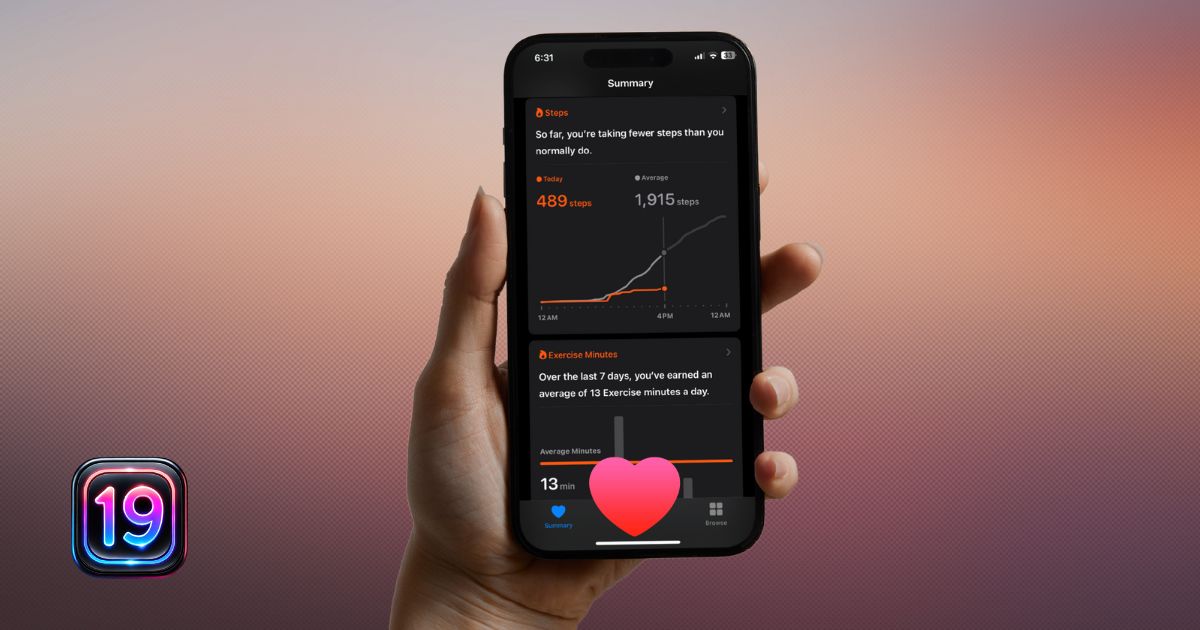AI has come a long way since ChatGPT first launched. Language models can now write more naturally, solve complex math problems, and generate highly detailed images. But are they advanced enough to replace your primary care doctor? Apple seems to think so. The company is working on what could be its most ambitious health feature yet: Apple Health+. The initiative is internally known as Project Mulberry.
It aims to train an AI agent that can offer personalized health insights based on data collected from your Apple Watch, iPhone, and other connected devices. In some cases, it could even replicate the kind of guidance you’d expect from a real physician. It sounds bold, because it is. If it sounds bold right now, that’s because it is. Apple is reportedly targeting a launch by 2026—here’s what we know so far.
1. AI Health Coaching Based on Your Real-World Metrics

The core offering of Health+ is an AI agent that can “replicate” your doctor. Think of it like your virtual health coach. Apple will train it to analyze health metrics from your devices and compare them based on input from real physicians. It aims to offer tailored, actionable advice that reflects what’s actually going on in your body over time.
Let’s say you’re seeing poor heart rate recovery after workouts or inconsistent sleep patterns. Health+ will send you a prompt that explains what it means and how to fix it. Based on recent leaks, I don’t think it will diagnose you, but it could guide your habits the way a long-term physician might.
2. Pre-Recorded Guidance From Real Doctors
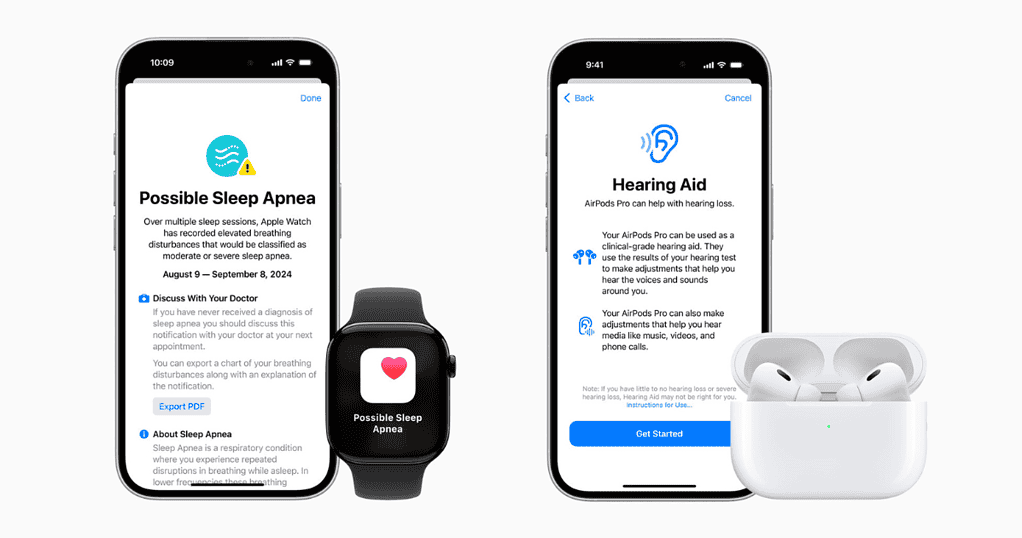
Apple is producing a library of educational videos starring actual medical professionals. They’ll surface based on your health data. For example, a drop in resting heart rate or increased anxiety signals might trigger a short video about cardiovascular health or stress management. The company is even building a studio near Oakland just to create this content.
Getting advice from your doctor once a year is one thing. Having bite-sized medical explainers pop up right when they’re relevant is something else entirely. These won’t replace clinical care, but they could help you make more mindful and informed everyday health choices.
3. Nutrition and Food Tracking Built Into Apple Health
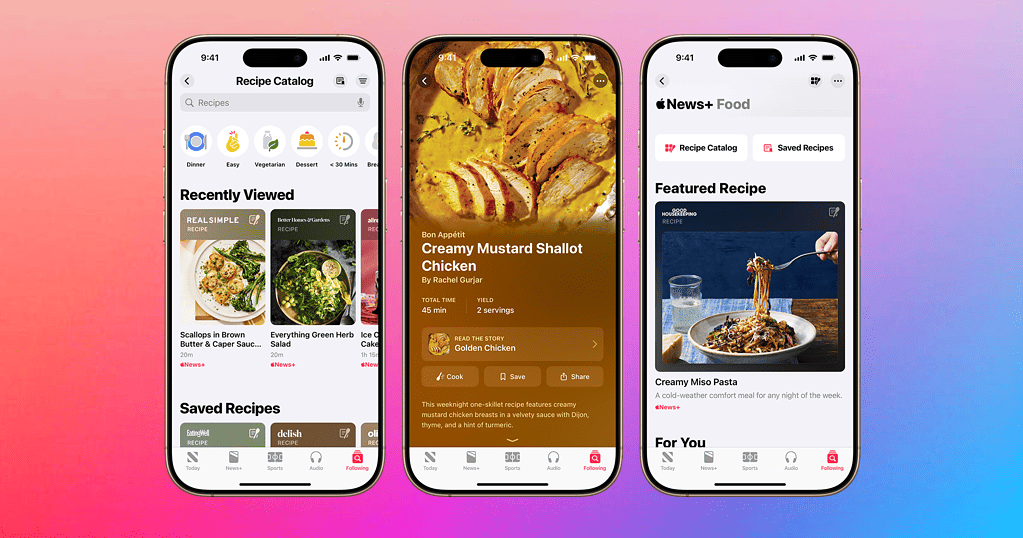
Apple has mostly avoided detailed food tracking in the past, but that’s changing. Health+ will reportedly include meal logging and nutritional feedback, with the AI agent offering insight based on what you eat. It’ll compete with apps like MyFitnessPal and Noom, but with tighter integration into your Apple ecosystem.
This could be a big deal for users already tracking fitness and heart rate but ignoring their diet. Instead of toggling between apps or manually calculating macros, you could get context-aware food advice that works in tandem with your daily movement and sleep data.
4. Workout Form Analysis Using Your iPhone’s Camera
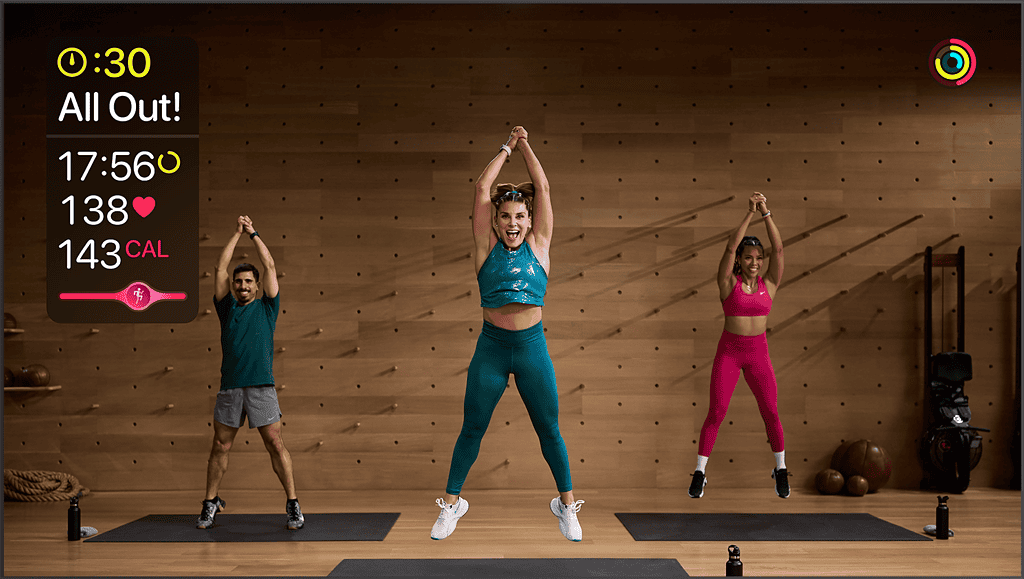
One of the more experimental ideas in Project Mulberry is using the iPhone’s rear camera to analyze your workout form. The system would review your movements and give feedback on technique, posture, or pacing. It’s likely to run on-device, and could eventually tie into the Fitness+ service.
Form coaching is usually locked behind personal trainers or premium gym apps. If Apple brings that level of analysis to your iPhone, it could give casual users access to pro-level feedback while lifting at home or running in the park. It’s a practical, low-effort way to improve workouts and avoid injury.
5. Health+ Will Launch Inside a Revamped Health App
As you might expect, everything will be housed in an overhauled Health app, expected in a point release of iOS 19. The app will stay familiar in structure but get smarter and more proactive, bringing Health+ recommendations, video explainers, food tracking, and AI summaries into one place. Apple is expected to sync all this with existing HealthKit-compatible devices and accessories.
No new hardware is required, so anyone with an Apple Watch and iPhone should be able to benefit. It’s Apple’s first real attempt to make the Health app feel useful every day, not just something you check when you’re sick or closing rings.
What Health+ Can and Can’t Do
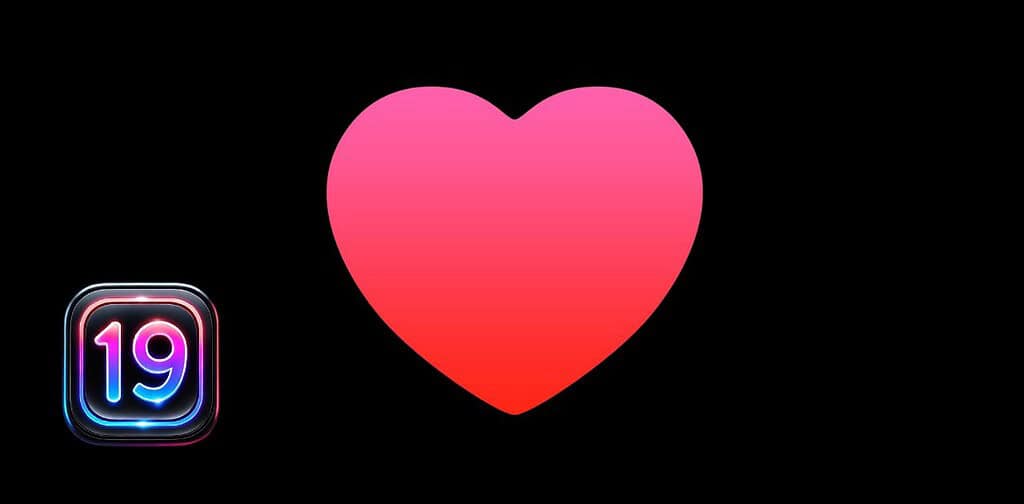
It’s too early to say anything, but I don’t think Health+ can be a substitute for real medical care. For starters, it might not have FDA clearance. That means it can’t provide official diagnoses, prescriptions, or emergency care recommendations.
Users should expect smarter health nudges, better context for their metrics, and tools that help make sense of everyday wellness. But don’t expect it to replace annual checkups or manage chronic conditions. It’s still wellness coaching, not clinical treatment. That said, for people who want a more proactive way to manage their health without bouncing between apps, Health+ could be a major leap forward.
